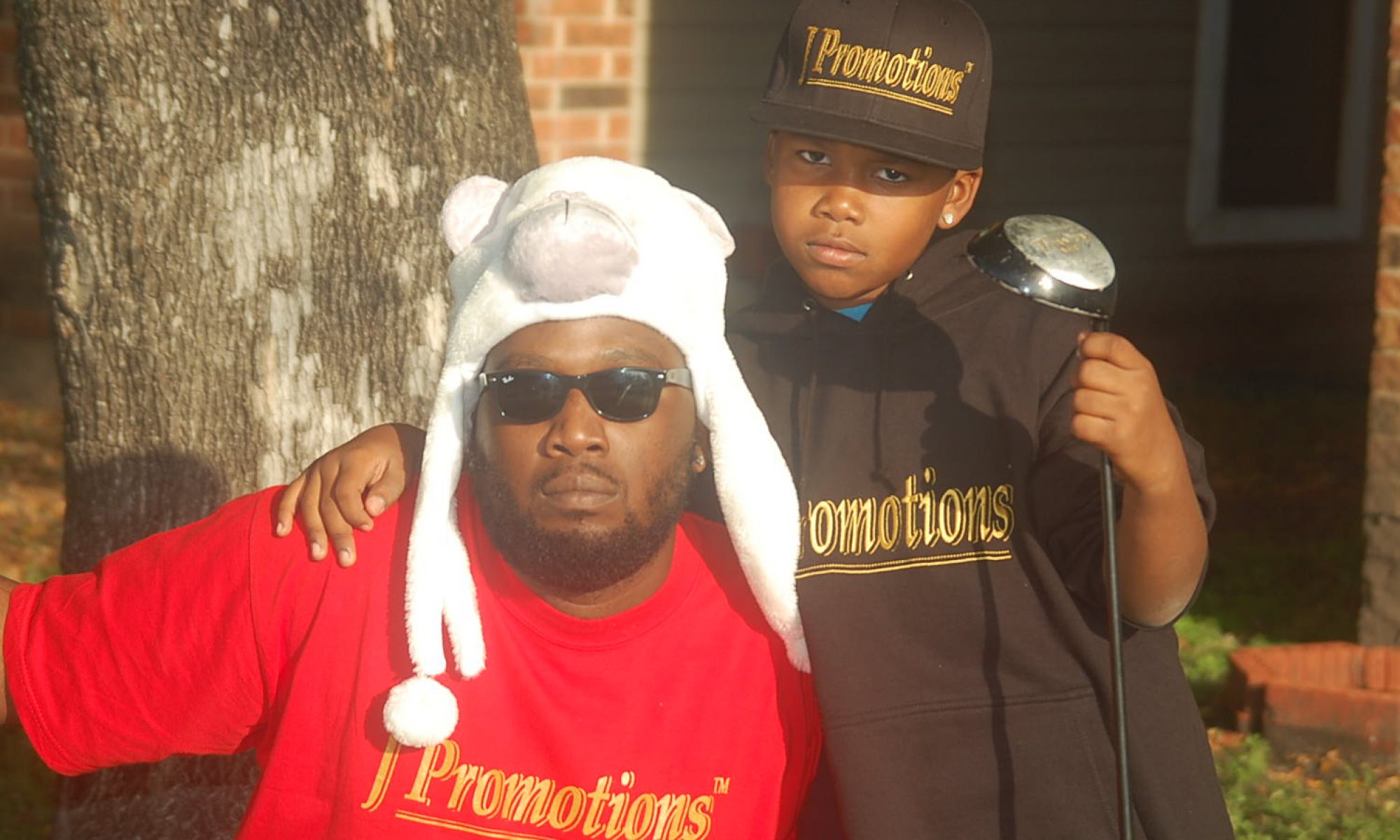For years, Finland has been hailed as a kind of promised land for parenting, thanks to its generous leave policies, subsidized daycare and famed free “baby boxes,” that can double as safe, simple infant beds.
Now the practice of giving new parents cardboard boxes is picking up steam in this country.
Alabama announced this week that it will become the third state to offer free baby boxes to all new parents, with the goal of providing a safe sleep space and helping to lower that state’s high infant mortality rate through education.
The boxes ― distributed by the California-based company, The Baby Box Co. ― will be filled with free newborn essentials, like diapers and baby wipes, and will include a firm mattress in the bottom. They are essentially a small, cardboard bassinet.
“The Baby Box program is essential to establishing a strong understanding of proper infant care during their most vulnerable time in life,” Alabama Governor Robert Bentley said in a press release announcing the new program.
Boxes will be given to any expecting or new parents who watch a 10-minute online video about safe sleep and complete a brief quiz, and can be delivered to them directly or picked up at a designated location.
“The boxes themselves aren’t inherently magic,” The Baby Box Co.’s co-founder and CEO Jennifer Clary told The Huffington Post. “With families being required to view their community’s online curriculum through babyboxuniversity.com related to prenatal health, breastfeeding, safe sleep practices and newborn care before receiving a free Baby Box, the program takes education a step further than just providing a free box that doubles as a safe sleep space.”
In Finland ― which for decades has been the only country to offer the program ― boxes have been distributed to low-income mothers in hospitals since the 1930s, when the infant mortality rates in that country were extremely high. In 1949, the program was expanded to all mothers, and women there are now given a choice between a cash benefit of roughly 140 Euros or the baby box ― with about two-thirds of expectant women opting for the latter.
“It has become a tradition in Finland,” Dr. Eric Eichenwald, chief of the division of neonatology at the Children’s Hospital of Philadelphia, told The Huffington Post. “It’s one of these rites of passages for families now, that they get this box.”
But experts say there are clear public health benefits associated that go well beyond simply giving new moms and dads some free stuff.
“The intent of these baby boxes is to provide a safe sleeping environment for newborns, particularly in situations where parents might not be able to afford a crib or they haven’t prepared for the baby to come home,” Eichenwald said.
There are not studies directly measuring the effect of the boxes, he said, but it is reasonable to assume that they played a role in Finland’s dramatically improved infant mortality rates because they promote safe sleeping practices.
The American Academy of Pediatrics encourages parents to put babies to sleep on their backs, on a firm surface without lose blankets or bedding and in their room (but not a shared bed) to help prevent Sudden Infant Death Syndrome, or SIDS.
States like Alabama ― where the infant mortality rate is significantly higher than the national average, and where SIDS is one of the top three causes of infant deaths ― are definitely hoping that something as simple as a free cardboard box can improve outcomes. It plans to distribute up to 60,000 boxes in 2017.
Alabama follows in the footsteps of New Jersey, which announced in January that it would distribute roughly 105,000 boxes in 2017. Ohio announced earlier this month that it had also partnered with The Baby Box Co. and will distribute 140,000 baby boxes in the next year.
And Eichenwald believes other states may soon follow suit, in part because it is such a low-cost intervention.
“I think,” he said, “it has the real possibility to catch on.”
— This feed and its contents are the property of The Huffington Post, and use is subject to our terms. It may be used for personal consumption, but may not be distributed on a website.
Source: HuffPost Black Voices
